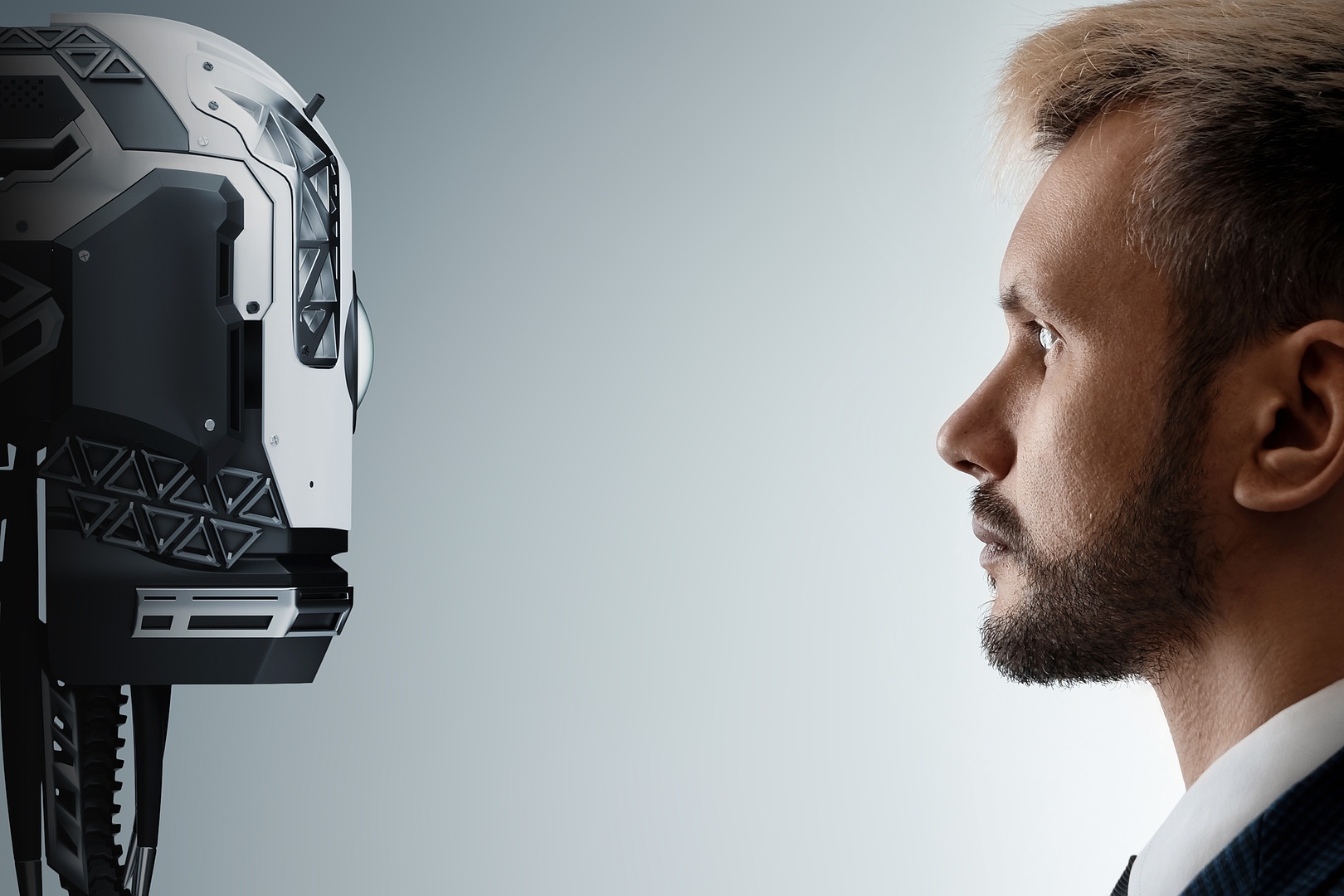With the exponential growth of AI technologies that has recently been revolutionizing businesses and our lives, it is estimated that over 50% of leading global businesses are already adopting AI applications in different forms and on varied scales. (1) Some are enthusiastic, others still treading cautiously, while a substantial majority remains skeptical and cautious about its negative implications and potential threats. Elon Musk, a strong advocate of regulating AI, is one of the many who voiced their concerns. He warned that AI is one of the biggest threats to humanity as humans deal with the potential of being outsmarted by machines.
This situation reminds me of Oppenheimer when he said “It is such a supreme folly to believe that nuclear weapons are deadly only if they are used. The fact that they exist at all, their presence in our lives, will wreak more havoc than we can begin to fathom. Nuclear weapons pervade our thinking. Control our behavior.” While this may be a rather pessimistic analogy, comparing having accessibility to AI with having accessibility to nuclear weapons, it does hold some grounds to it. The reason being that our experience with new technologies have always been coupled with major transformations that had profound implications on jobs, businesses and our personal lives. It has always unraveled new sets of rights and responsibilities, some threats and new levels of power that could start a race or conflicts. So far, we have navigated and survived all the major technological disruptions as humans and succeeded in reaping the benefits and enduring most of the resulting damages, or at least working on managing them. So, why is the AI disruption so alarming this time? How is it different?
It is different because at the tremendous superfast pace that AI technologies are progressing and spreading in all areas, with AI models mimicking human intelligence and even exceeding it in several areas, it is wise to conclude that we humans will be undergoing fundamental transformations beyond our expectations. The major difference in AI revolutionary progress is that these large language machine models are capable of learning and improving in an unprecedented pace that took even their own developers by surprise. A considerable number of AI researchers themselves were caught off guard by the incredible growth rate and the sophistication that these intelligent language models reached, all while learning and perfecting their capabilities beyond the developers’ own expectations.
It is a paradigm transformation that supersedes all expectations. We see people voicing concerns and advocating for AI regulation and governance due to possible misuse in fraud, crime, copyright infringements, exponential scams, data security, bias, job displacements and altering realities and human interaction as we know it. It is true that AI is changing the world in a fundamental way, but it is not being deployed neither safely, nor responsibly. It is progressing exponentially and infiltrating every single aspect of our lives without being regulated or controlled, and we are not even sure that controlling it is something we’ll eventually be able to do.
While these concerns are perfectly valid, along with a long list of other speculated concerns, like the mere fear of robots and avatars eventually replacing and even controlling human beings, my personal concern stems from a different ground. My concern stems from the inherent existential danger in using AI. In its current form, it can alter the way people view themselves, kill creativity and degrade the capabilities and personal experiences that people consider essential to being human.
Our first contact with AI was on social media, which has completely transformed our lives, yet, we often find ourselves still struggling with its several drawbacks in spite of all the gains. The next level of AI contact in our lives promises to be a much more intimate infiltration in our lives and minds.
It took Facebook four and a half years to reach 100 million users, took Instagram two and a half years, but took ChatGPT just two months to reach that same number of users, and it is not stopping there! All tech giants are currently in a race to embed AI into every possible app we are using on social media. They are constantly competing for this personal intimate spot in our lives by providing those alien, super intelligent chat buddies that are always there for us to chat with and rely on, until we become almost totally vulnerable and dependent on them.
Every major technological change for mankind was coupled by a change in our living patterns and habits as human beings. With the advent of cars, machinery and all the convenient gadgets we use in our daily lives, our bodies became weaker, our lifestyles more stressful and personal and emotional connections compromised. With AI signaling more human dependency on its models for tremendous efficiencies and scaling benefits, my fear is, unlike that shared my many, that robots and bots will replace humans. I’m worried that we will eventually end up with weaker minds, lower creativity and complete dependency on AI tools, turning us into unintelligent robots. But do we really have a choice?
This article was written by Wafaa Sabry, senior director, external relations, AUC School of Business and adjunct faculty, department of management









